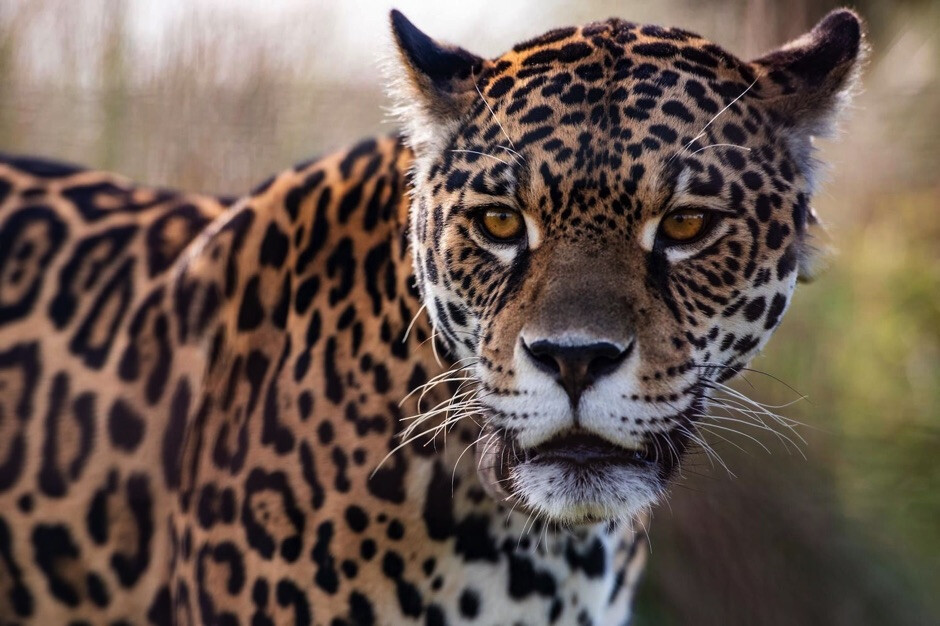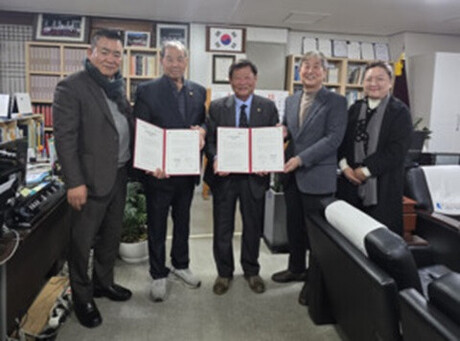
In a significant stride for wildlife conservation, Argentina is spearheading ambitious projects aimed at bolstering its endangered jaguar (Panthera onca) populations. Recent initiatives in the Gran Chaco region, South America's second-largest forest, signal a renewed commitment to reversing decades of decline caused by poaching and habitat loss.
A key development in this effort is the collaring and release of a young male jaguar named Tañhi Wuk in El Impenetrable National Park. This marks the third male jaguar in the park to be fitted with a GPS collar, bringing the total number of monitored individuals to five. The collars provide crucial real-time tracking data, enabling conservationists to understand the jaguars' movements, hunting patterns, and potential threats from poaching and human-wildlife conflict.
"Every jaguar is like a moving national park," stated Guillermo Díaz Cornejo, a board member of Argentina's National Parks Administration. "You cannot touch it, you cannot interact with it." The visibility provided by the collars also acts as a deterrent to poaching, as the death of a monitored jaguar is more likely to be detected and publicized.
Adding a crucial dimension to the recovery efforts, conservationists are preparing for a groundbreaking wild-to-wild translocation. Mini, a healthy female jaguar from the thriving population in Iberá National Park, is slated to be moved to El Impenetrable in late March 2025. This unprecedented event marks the first time a jaguar will be translocated between wild populations and the first wild-to-wild translocation of any animal in Argentina.
The translocation of Mini is strategically aimed at enhancing the genetic diversity and reproductive potential of the jaguar population in El Impenetrable, which currently faces challenges due to its small size and isolation. Gerardo Cerón, a biologist with Rewilding Argentina, emphasized the importance of this move: "It is necessary not only to increase genetic diversity, which is always good, but above all to boost reproduction. We need more jaguars, and for that, the best option right now is to bring in females."
Mini's origin in Iberá National Park is particularly significant. The park represents a successful jaguar reintroduction project, where the species had been extinct for 70 years. Since restoration efforts began in 2021, the Iberá population has grown to an estimated 35 to 40 individuals, making it a vital source for repopulating other areas.
The meticulous planning and execution of Mini's translocation underscore the scientific rigor behind Argentina's conservation strategy. The National Parks Administration conducted extensive research, including consultations with jaguar experts from Brazil, to ensure the genetic compatibility and overall benefit of the translocation.
Looking beyond individual park boundaries, conservationists are actively exploring the creation of biological corridors to connect isolated jaguar populations across Argentina, Paraguay, Brazil, and Bolivia. This ambitious vision aims to facilitate natural movement and genetic exchange, improving the long-term survival prospects for jaguars and other threatened species like giant otters, giant anteaters, and Pampas deer.
Sebastián Di Martino, conservation director at Rewilding Argentina, highlighted the importance of this interconnected approach: "We have isolated populations of jaguars, like islands. They don’t have contact with other populations of jaguars. So we need to start connecting these populations."
The success of these conservation endeavors hinges on collaboration with local communities. By educating residents about the ecological and legal significance of jaguars and implementing strategies to mitigate livestock losses, conservationists aim to foster coexistence and build support for wildlife protection. The economic benefits of wildlife tourism, as demonstrated in Iberá National Park, provide a compelling incentive for local communities to embrace conservation efforts.
While facing systemic challenges and regulatory hurdles, Argentina's proactive and innovative approach to jaguar conservation, including the use of GPS collaring and wild-to-wild translocations, represents a significant step forward in the fight to protect this iconic species and restore the rich biodiversity of the Gran Chaco ecosystem. The journey of Tañhi Wuk and the upcoming translocation of Mini offer a beacon of hope for the future of jaguars in Argentina and serve as an inspiring example for conservation efforts across Latin America.
[Copyright (c) Global Economic Times. All Rights Reserved.]






























